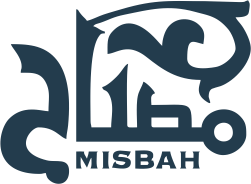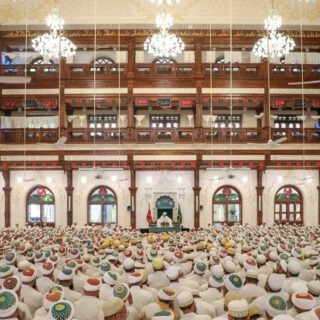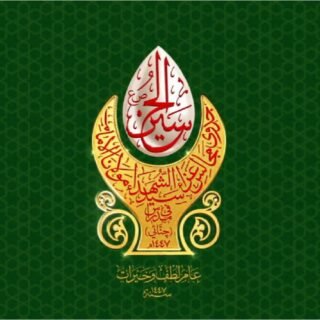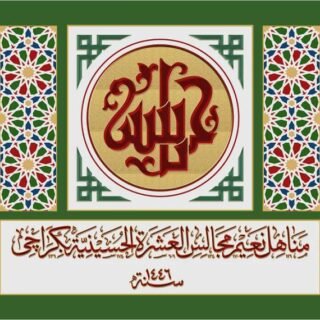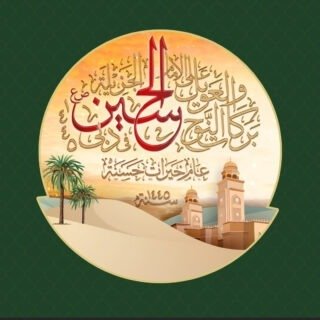Taharat is a physical and ritual purification, a preparation for namaaz. Rasulullah (SA) has said: Namaaz cannot be accepted without taharat; and that taharat constitutes half of imaan.
The medium for taharat is clean water, water that falls from the skies, such as sea-water, river-water, and any body of water that is 64 feet3 or more. If however water changes from its original form in color, taste or smell, then it cannot be utilized for taharat, Sea water, which cannot be drunk is suitable for taharat Rose water can be drunk, but cannot be used for taharat. In the case of unavailability of water, or in the case of illness, Taharat can be achieved through tayammum (the use of clean soil), which illustrates that shariat is practical, that shariat is tolerant.
The seven kinds of gusl that are obligatory are : gusl after consummation, gusl after menstruation, gusl of a person embracing Islam, gusl after unconsciousness, gusl of a person bathed in filth, and gusl of the dead. And the types of gusl that are optional are twelve : such as gusl for Friday prayers, gusl for Eid etc.
Syedna Qadin Noman (RA) raises and answers other related questions. Clothing, that is soiled by halal food need not be considered unfit for praying in. The wool of halal animals can however be utilized in prayer.
Nazafat or cleanliness is part of taharat. Hands must be washed before and after eating, children must be kept clean at all times…
Taharat is an integral part of a mumin’s life. Because a mumin wears white clothes , the smallest particle of dirt is apparent on him. In much the same way, the smallest sin of a mumin does not go unnoticed.
